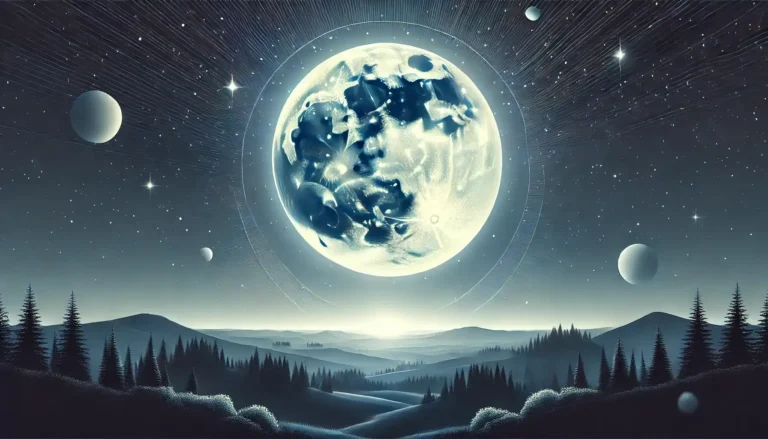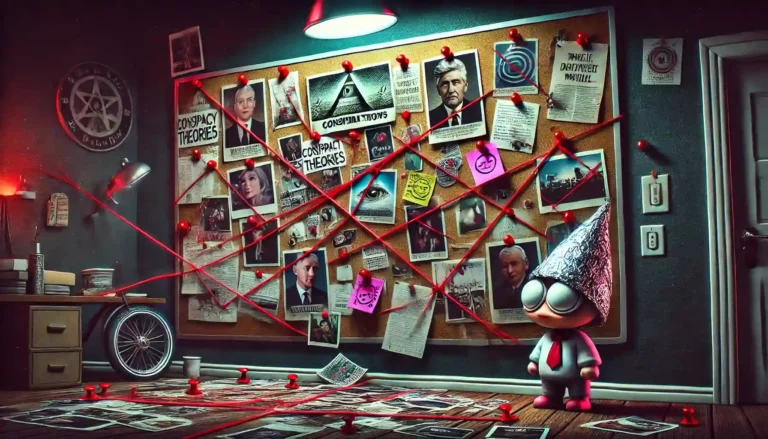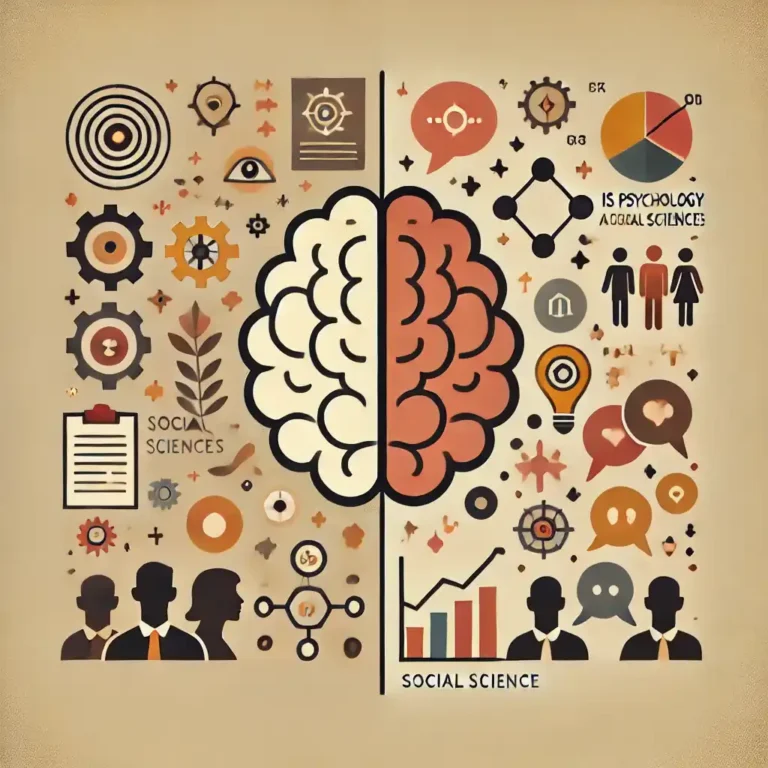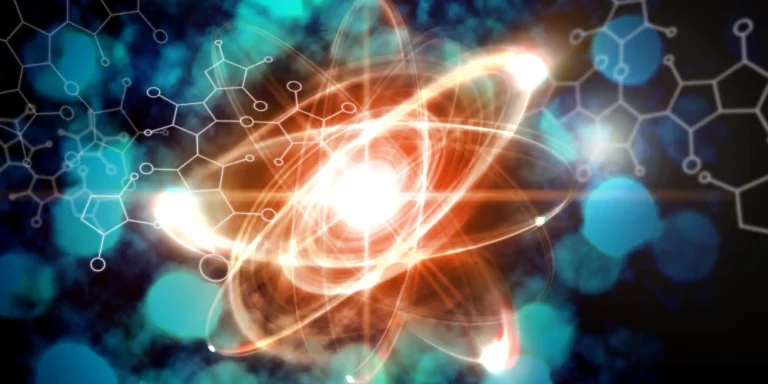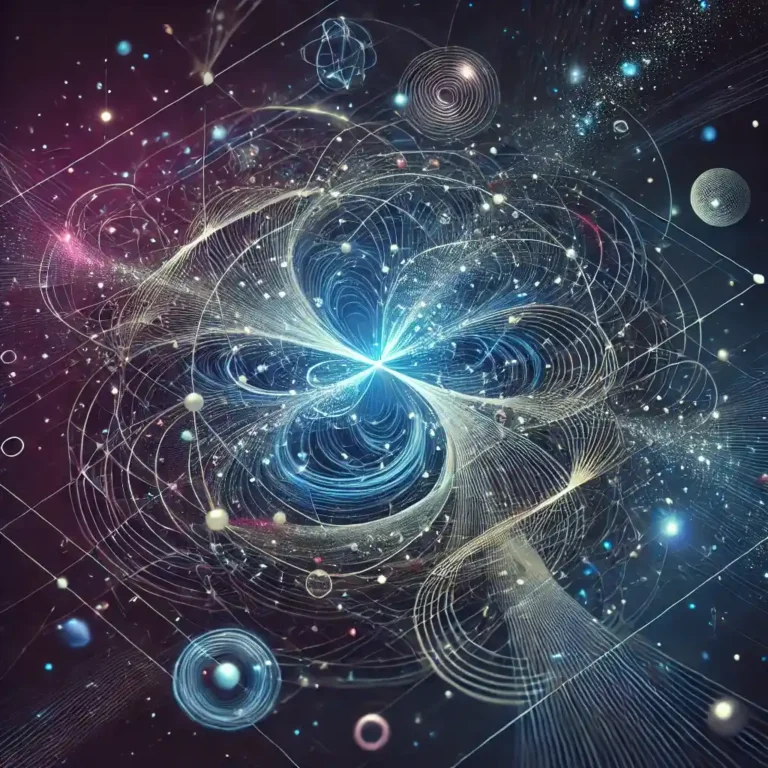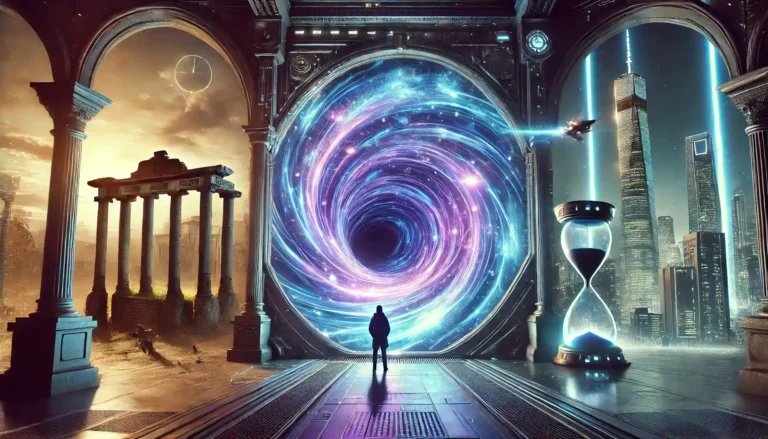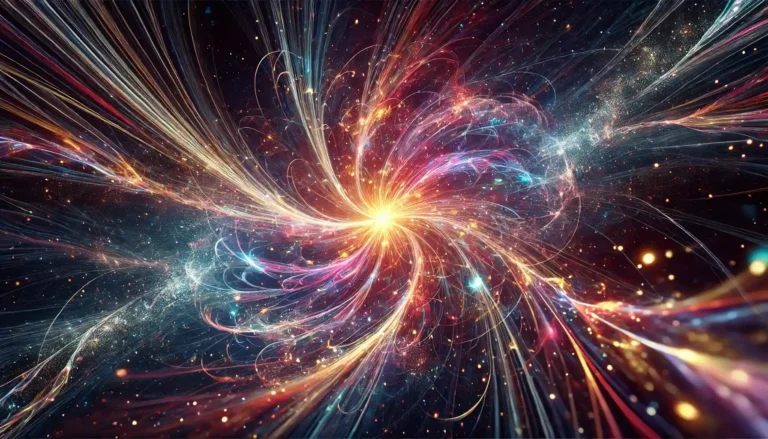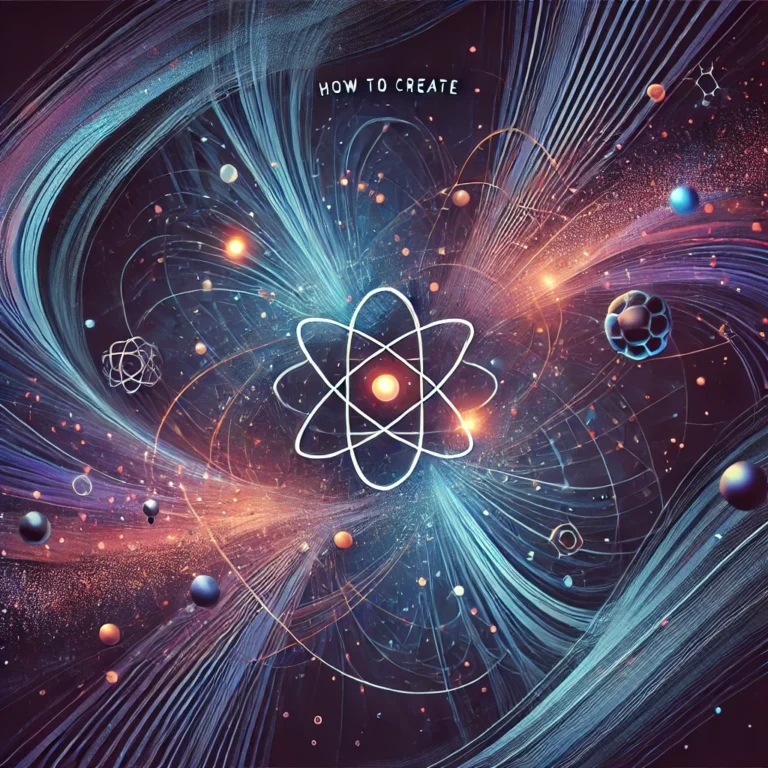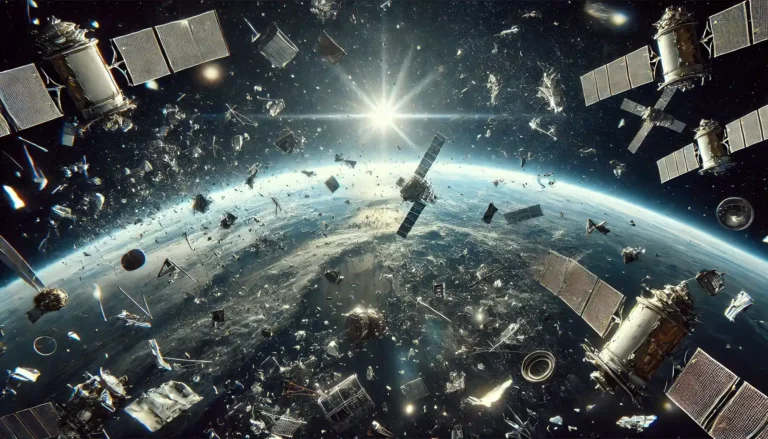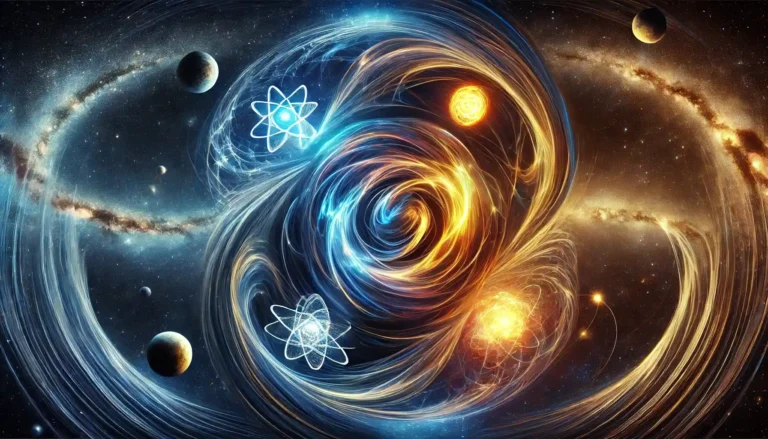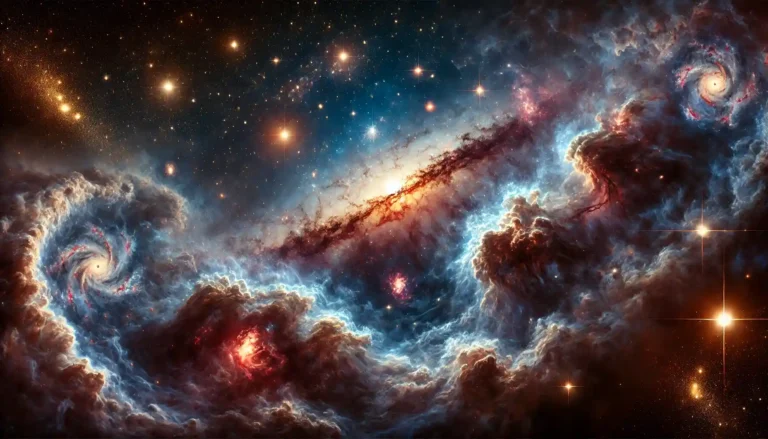Science Fantasy
Science Fantasy: The Perfect Fusion of Science Fiction and Fantasy
Science fantasy is a genre that seamlessly blends elements of science fiction and fantasy, creating a unique narrative space where advanced technology, futuristic science, magic, and mythical creatures coexist.
Unlike pure science fiction, which emphasizes plausible technology and scientific accuracy, or pure fantasy, where magic and supernatural forces reign supreme, science fantasy embraces both worlds.
This article explores the fascinating realm of science fantasy, its origins, defining characteristics, notable works, and why it continues to capture the imagination of readers and audiences worldwide. We’ll also delve into its unique appeal and how it opens up endless creative possibilities for writers, artists, and filmmakers.
What is Science Fantasy?
Science fantasy is a genre that merges the futuristic, often scientific elements of science fiction with the mystical, magical, or mythical elements found in fantasy.
It is a storytelling form that asks, “What if science and magic existed side by side?”
Unlike traditional science fiction, which relies heavily on plausible scientific theories and principles, science fantasy often ignores strict scientific limitations to make room for fantastical elements.
Core Elements of Science Fantasy
1. Advanced Technology Meets Magic : Science fantasy stories frequently feature advanced technology, spaceships, and alien species alongside sorcery, magical artifacts, and supernatural beings.
2. Imaginary Worlds and Realms : Many science fantasy tales take place in fully constructed universes that may resemble medieval fantasy worlds, futuristic societies, or a blend of both.
3. Heroic Journeys and Epic Battles : Science fantasy often draws on the heroic fantasy tradition, with protagonists embarking on quests or engaging in battles with dark forces or powerful enemies.
4. Philosophical Exploration : The genre also uses its unique blend of science and magic to explore themes of identity, morality, and the boundaries between technology and nature.
Popular examples include franchises like Star Wars, Dune, and Final Fantasy, which showcase worlds where advanced science and mystical forces coexist, creating universes that feel both familiar and awe-inspiringly strange.
The Origins and Evolution of Science Fantasy
Early Inspirations
The origins of science fantasy can be traced back to mythologies, folktales, and early speculative stories.
Ancient myths often combined elements of nature, supernatural power, and rudimentary understandings of science to explain the world, planting early seeds for a genre where magic and science might intermingle.
The Golden Age of Science Fiction and the Birth of Science Fantasy
The 20th century saw the rise of classic science fiction authors such as H.G. Wells and Jules Verne, who emphasized scientific accuracy and plausibility.
However, as speculative fiction evolved, a desire to blend science and magic began to emerge. Early works like Edgar Rice Burroughs’ A Princess of Mars (1912) and E.E. “Doc” Smith’s Lensman series introduced alien worlds with magical elements alongside futuristic technology, paving the way for science fantasy.
Modern Science Fantasy: Blending Genres
The genre truly blossomed with the arrival of Star Wars in 1977. George Lucas’s universe incorporated both science fiction and fantasy by featuring spaceships, lightsabers, and aliens alongside mystical powers like the Force.
This narrative approach solidified science fantasy as a distinct genre, showing that stories didn’t have to be limited by scientific plausibility or pure magical fantasy.
Defining Characteristics of Science Fantasy
1. Hybrid Worlds and Settings
Science fantasy worlds often exist on the boundaries of imagination. They blend high-tech cities, advanced starships, and futuristic societies with ancient ruins, enchanted forests, or mythical landscapes. These settings are part science fiction, part fantasy, and entirely unique.
For example, in Star Wars, the galaxy is a blend of futuristic space travel, ancient religions, and mystical powers. In Final Fantasy, traditional medieval landscapes with castles and kingdoms coexist with machines, robots, and advanced technologies.
2. Magical Technology and Technological Magic
Science fantasy blurs the lines between technology and magic. In many stories, technology operates on principles that feel magical, while magic is explained as an advanced science. This allows for creative inventions like magical swords with high-tech enhancements or spaceships powered by enchanted crystals.
This concept is embodied in Dune by Frank Herbert, where “spice” is a substance that grants heightened abilities, prolongs life, and enables faster-than-light travel. The spice itself acts almost as a magical element in an otherwise scientifically plausible universe.
3. The Hero’s Journey with a Twist
Like many fantasy stories, science fantasy narratives often revolve around a hero’s journey. The protagonist may start as an ordinary person who is thrust into an extraordinary adventure that requires them to harness both technological knowledge and mystical power.
This character arc provides an emotional core to the story, grounding fantastical elements in a relatable journey of self-discovery and growth.
4. Philosophical and Ethical Questions
The blend of science and magic creates opportunities to explore complex questions about human nature, morality, and the limits of knowledge.
Science fantasy often addresses themes like the ethical implications of advanced technology, the responsibility that comes with power, and the coexistence of scientific curiosity and spirituality.
Popular Examples of Science Fantasy
1. Star Wars: The Galactic Saga
Perhaps the most iconic science fantasy franchise, Star Wars revolutionized the genre by combining futuristic technology with elements of fantasy. The Jedi, a group of warrior-monks with supernatural abilities, wield the Force—a mystical energy field—alongside lightsabers and spaceships.
The blend of a high-tech galaxy with spiritual elements set Star Wars apart as a quintessential science fantasy universe.
2. Dune by Frank Herbert
In Dune, Herbert created a universe where political intrigue, advanced technologies, and powerful noble houses collide in a desert world governed by ancient traditions. The mysterious “spice” Melange adds a mystical aspect, enhancing psychic abilities and enabling space travel.
Dune blends science fiction with mythic themes, crafting a story that explores power, spirituality, and human potential.
3. The Final Fantasy Series
The Final Fantasy video game series is a cornerstone of science fantasy in gaming. Known for its rich world-building, each installment combines futuristic technology with magic and myth.
Players encounter high-tech machinery, powerful spells, mythical creatures, and mystical forces, creating immersive worlds that exemplify science fantasy’s hybrid nature.
4. Avatar by James Cameron
Avatar is another science fantasy epic that features a futuristic setting alongside spiritual and mystical elements.
The film explores the clash between technology-driven human society and the Na’vi, an indigenous alien species with a deep spiritual connection to their planet, Pandora. Through its lush visuals and storytelling, Avatar emphasizes the harmony between nature, spirituality, and technology.
Why Science Fantasy Captivates Audiences
1. Escapism with Depth
Science fantasy provides a means of escape to worlds that are both futuristic and mystical, allowing readers and viewers to explore scenarios beyond the bounds of realism. This genre offers depth, incorporating complex themes and character arcs that go beyond simple entertainment.
2. Blending Familiar and Fantastic Elements
The genre appeals because it combines elements of both science fiction and fantasy, providing familiar futuristic technology along with imaginative magical concepts. This unique blend invites a broader audience, appealing to fans of both science fiction and fantasy.
3. Philosophical Exploration
Science fantasy uses its hybrid nature to explore philosophical and ethical questions in a way that resonates with readers. It delves into issues of identity, power, morality, and humanity’s relationship with technology and nature.
This genre has the potential to encourage introspection and inspire real-world reflection on these themes.
4. Boundless Creativity
By freeing itself from strict adherence to scientific plausibility or rigid fantasy tropes, science fantasy opens up endless possibilities for creativity. Authors, filmmakers, and artists are free to invent new worlds, powers, and technologies, expanding the boundaries of imagination.
Science Fantasy’s Influence on Modern Media
Impact on Literature
Science fantasy has influenced a wide range of literature, inspiring authors to create hybrid worlds and complex characters. Authors such as Anne McCaffrey with her Dragon riders of Pern series, and C.S. Lewis with The Chronicles of Narnia, have utilized science fantasy to explore complex themes while captivating readers with imaginative settings.
Influence on Film and Television
From Star Wars to Avatar, science fantasy has made an indelible mark on cinema, inspiring a generation of filmmakers. These films show that audiences are willing to suspend disbelief and accept magical elements alongside futuristic technology.
Popularity in Video Games
Science fantasy thrives in video games, where players can actively engage in these imaginative worlds. Games like The Legend of Zelda, Final Fantasy, and Mass Effect showcase the genre’s appeal in interactive formats, allowing players to experience magic, technology, and heroism in their own hands.
The Future of Science Fantasy
With the rise of virtual reality, augmented reality, and AI technology, science fantasy is poised to evolve further, allowing creators to craft increasingly immersive worlds that blend reality with fantastical elements.
As society continues to grapple with rapid technological advancements and complex moral questions, science fantasy will likely remain a popular genre, offering a lens through which to explore these issues.
Conclusion: Science Fantasy as a Gateway to Boundless Imagination
Science fantasy is a genre that celebrates the limitless potential of storytelling. By combining the structured world of science fiction with the boundless creativity of fantasy, it offers a unique escape that challenges perceptions, explores philosophical questions, and transports audiences to realms beyond their wildest dreams.
It allows for the coexistence of science and magic, inviting readers and viewers to imagine a universe where anything is possible, where technology and mysticism converge in harmony.
As science fantasy continues to evolve
, it reminds us of the beauty of imagination and the endless possibilities that lie at the crossroads of science and magic.




